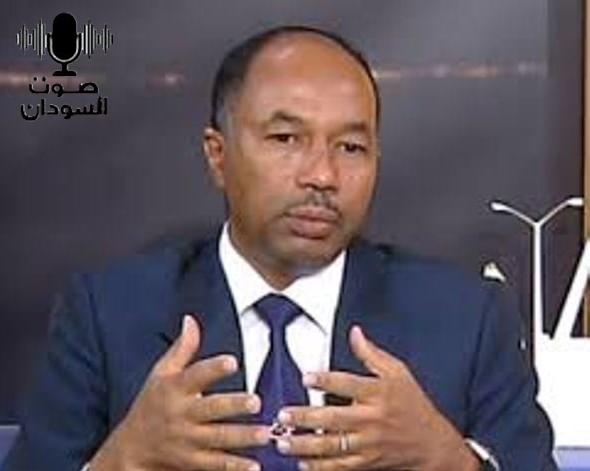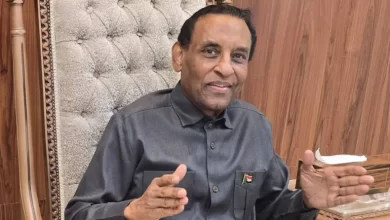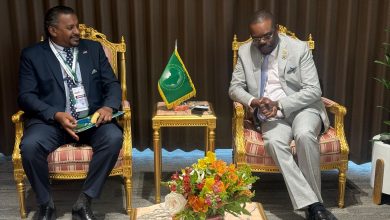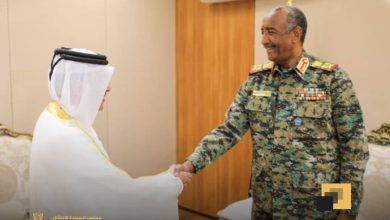
Sudan Events – Rehab
Economic expert Dr. Adel Abdel Aziz Al-Faki affirmed necessity that the decision to build a strategic partnership between countries be the subject of collective thinking by scholars and thinkers in the sectors of politics and diplomacy, the SAF , security and economy, media, information and technology, the environment, and the humanitarian affairs sector, as well as being based on information and statistics and not just impressionistic, wishful or ideological thinking.
He indicated that the weight of the main sectors in the overall strategy varies from one sector to another, and it can be the subject of intensive discussion within the strategic planning cell, but he pointed out that it is agreed that the security axis gets the highest rate, followed by the political and economic elements.
Al-Faki said in the (Economic Forum) that such in-depth studies are what determine and illuminate the path for the decision-maker, which countries are more useful for establishing a strategic partnership with: China, Egypt, Saudi Arabia, Russia, Iran, or do we return to the arms of the US and the Bretton Woods Agreements.
For his part, the economic expert Dr. Abu Bakr Al-Tijani said that economic partnership is often the basis of strategic partnerships between countries and represents the greatest concern for any country, because it is linked to production in terms of its inputs (technical and in-kind) or its distribution and marketing, which determines the economic status of the country (gross domestic product and its growth rate), which determines the classification and ranking of the country at the global level or its group.
In addition to the importance of this in raising the level of per capita income in the country and improving the quality of his life by providing distinguished services to him.
He pointed out that strategic security and military partnerships are determined by the security conditions surrounding the country and whether it suffers from internal or external conflicts. He added that countries that live in a secure environment do not usually think about such partnerships, pointing out that the principle of strategic partnership is based on the existence of a reasonable limit of common interests between one country and another country in the same region or outside it.
Common interests include the main sectors in the country: political (including diplomacy), military and security, economic, scientific and information, media, environmental, and humanitarian. He added, “This means that we should not look at one side of the relationship to decide to establish a strategic partnership.”
He called for equality, saying, “For example, if the volume of trade exchange between us and a certain country is very large and exceeds others, this is not enough to establish a strategic partnership with this country without considering other factors.
The most prominent example of this is our relation with the United Arab Emirates UAE , where the value of trade exchange between us and this country amounts to $4.4 billion, where we export to it worth $2.3 billion, and import from it worth $2.1 billion ,according to the latest available official statistics. Despite this large trade exchange that exceeds others, this alone is not enough because our interests intersect with this country at the present time politically, militarily and security-wise. In this regard, the former Secretary-General of the Tax Authority, Ahmed Adam Salem, agreed with Dr. Adel Al-Faki’s statement in calling for building strategic relations with Sudan’s regional and international surroundings to the extent that achieves Sudan’s general interest in political, security, economic and societal stability and so on, but he stressed that this should be done on the principle of equality and achieving common interests between all parties.
Salem believed that this would not be achieved in today’s world, which is dominated by ambitions, governed by military force and led by the love of domination and control over the third world countries by the unipolar policy led by the Americans.
He affirmed that achieving the interests of the international community cannot be achieved unless the global system creates a number of poles competing with each other to create a balance in achieving interests, adding that Sudan is one of the countries qualified to conclude strategic partnerships if the appropriate climate is found for that because it possesses virgin natural resources that have not yet been exploded in all fields and it has a unique and distinguished geographical location.



